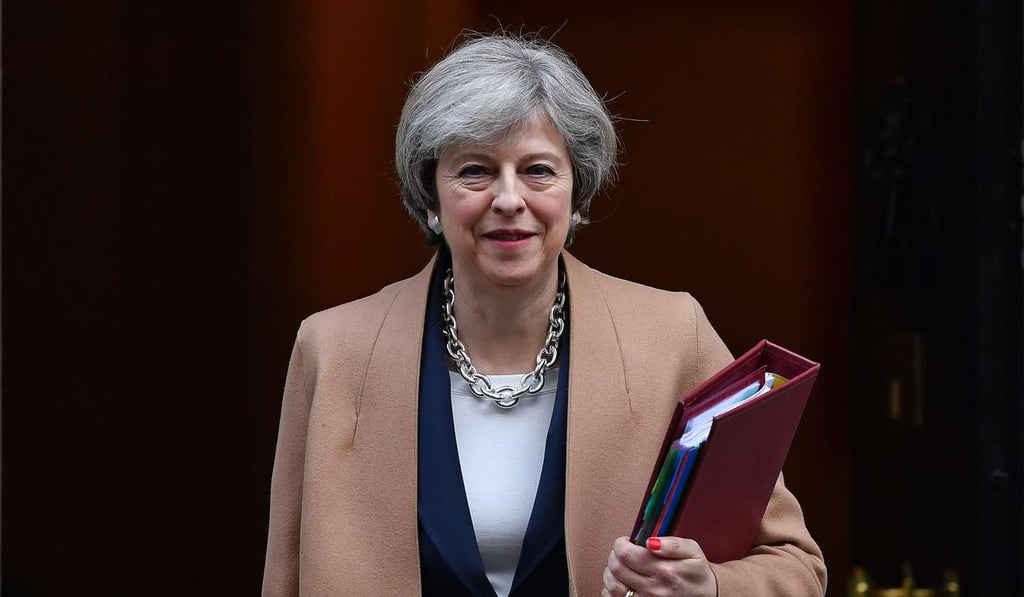Asian Angle | Why Brexit strengthens Beijing’s hand in the South China Sea
As the Association of Southeast Asian Nations hits 50, it should ponder the fate of the European Union – the body that inspired its creation. But Hong Kong and Singapore have reasons to be cheerful

As the Association of Southeast Asian Nations (Asean) reaches its 50th anniversary it would do well to consider the irony that as it celebrates its golden jubilee, the entity that inspired its creation in 1967 is losing one of its most important members.
With the British parliament this week passing the Brexit bill, the way ahead is clear for Prime Minister Theresa May to trigger the two-year divorce process that would remove Britain from the European Union. May has vowed that will happen by the end of the month; some Whitehall insiders have suggested it may happen as soon as next week.
While Brexit may seem like a small pebble thrown into the far-away pond that is Europe, its significance for Asean – and by extension the East Asian Summit of 16 nations – should not be underestimated. Why not?

Contrary to what the founding fathers of Asean claim, the 10-member body for regional cooperation is remarkably similar to the EU and it is built on the same principle – eliminating regional tensions.
If the European project fails, or seriously falters, why should Asean succeed?
